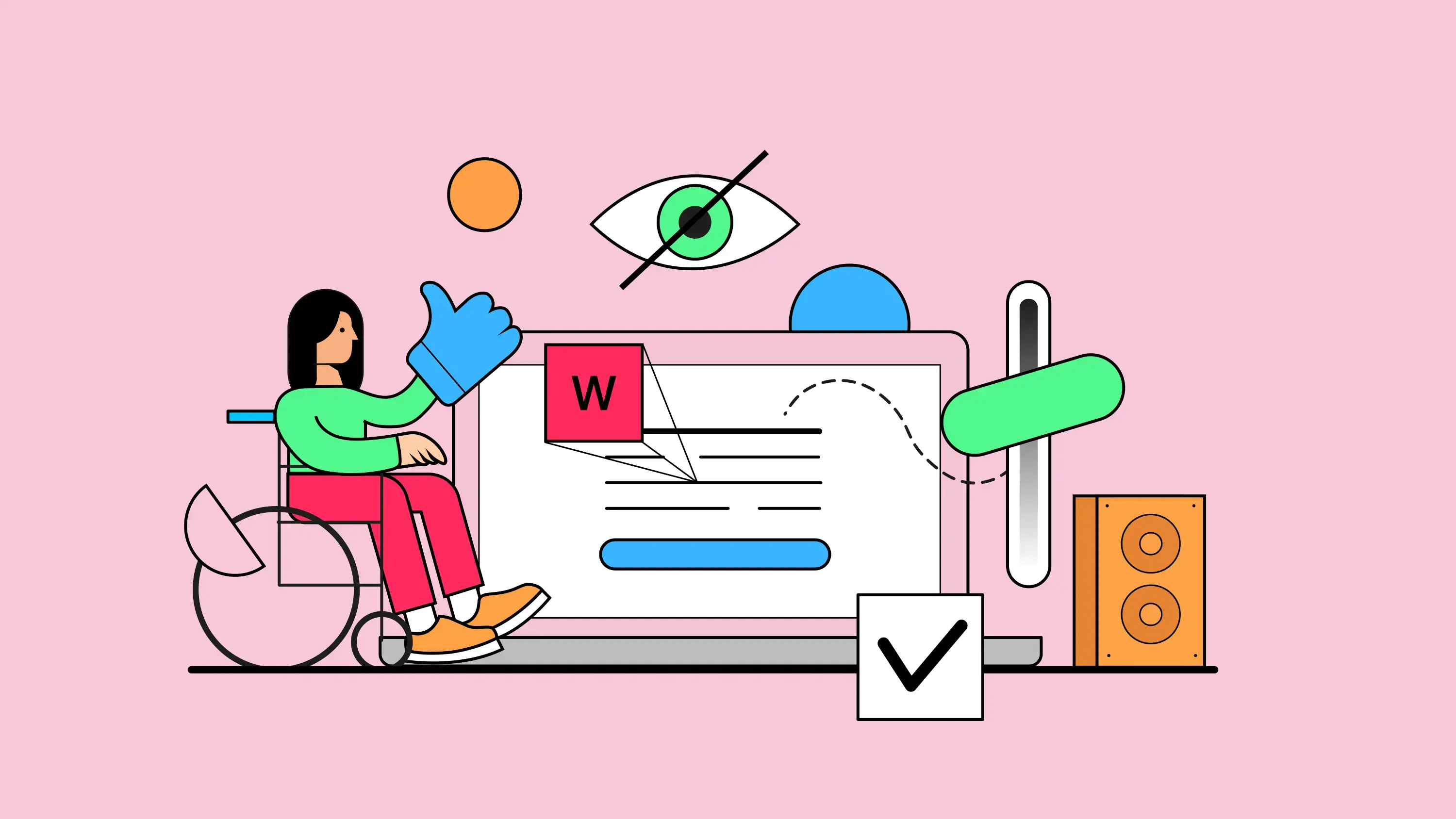Thoughts
The disruption loop: When Tech must adapt to its own change
Three forces are shaking our interconnected economies simultaneously: post-pandemic baggage, wars (including trade conflicts), and generative AI. “Business as usual” is now a contradiction in terms.

Tech has long carried the torch of change. I’ve worked in the industry long enough to remember replacing Excel, the Swiss‑Army knife of digital processing, with real tools and wondering why anyone resisted. We assumed people would be fine, more efficient even, and, if not, they’d land somewhere else.
Now the disruption loops back to us. People built for changing frameworks, libraries, and domains are being affected. The perfect moment to prove we can adapt with a smile… right? Not quite.
Open any feed and you’ll see the same fight:
- “AI still hasn’t replaced me!”
- “You can’t build Netflix in an hour.”
- "Until now, we have ZERO loud and money-making solutions coming from vibe coding."
Meanwhile, the quiet middle says, “Both overstate it.” (plus a chorus of non‑tech onlookers enjoying the schadenfreude.) This drama is a proxy for something more profound: uncertainty. Europe’s tidy vision of a safe, linear life cracked in real time. Short horizons, tight budgets, and AI hype chasing quick money create a perfect recipe for burnout. No wonder AI becomes a scapegoat. So let’s get practical.
What’s real about GenAI (and what isn’t)
- It’s already useful in software work: faster prototypes, solid code reviews, helpful PR/commit text, and agents hunting bugs and suggesting improvements, research work, etc.
- It isn’t a developer replacement—yet, and who knows how long. Suffering at big codebases, noisy output, and “I solved it!” loops still happen.
- Replacement attempts exist (e.g., Elon's "Macrohard" project), and research is pushing beyond transformers toward new architectures (Mamba, MoE, neuromorphic systems, memory-augmented networks, etc.). Progress won’t stop just because the comments are spicy.
- And no job is invincible by definition. That’s been true for years; we’re just feeling it up close. Examples? Denmark's state-run postal service, PostNord, is to end all letter deliveries at the end of 2025. There is a global decline in the usage of mail delivery, e.g. USA, UK, Japan, Canada (Google it). In Poland (and many other countries), we have an extremely low birth rate, so in the coming years, the number of schools is expected to decrease, and that will mean fewer teachers will be needed.
How to cope (without doom‑scrolling yourself into carpentry)
- Keep your stack current, selectively. Adopt tools that prove themselves and have staying power in your domain.
- Starve the hype. You don’t need 1,000 newsletters. If a breakthrough matters, it will find you.
- Run small pilots. Stay curious and test what’s gaining traction; promote what actually saves time or improves quality.
- Make it a team sport. Share what works, propose changes, and ask for space to experiment.
- Pick your battles. You won’t turn the tide alone.
- Assume bubbles deflate, capabilities remain. Even if the market cools, the useful parts of GenAI won’t evaporate.
- Don’t panic. Good decisions are rarely impulsive; we still have runway before anyone must switch from keyboards to chisels.
If we are replaced in our current roles one day, we’ll find other options. It will take effort and it won’t be painless but we’ve told others to adapt for years. Now it’s our turn to do it with the same calm we recommended.
So for now: focus on the work, keep eyes and mind open, build skill, and use the tools wisely. As Jeff Goldblum reminded us in Jurassic Park: life finds a way 😉



